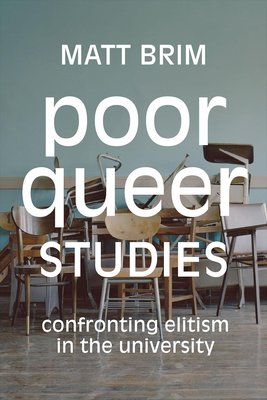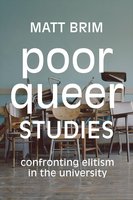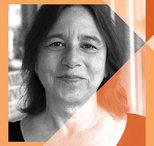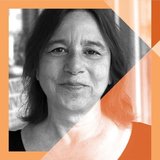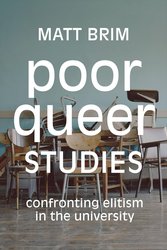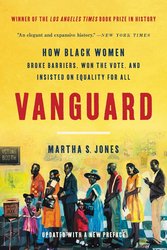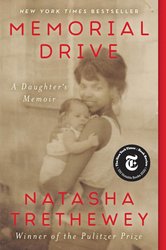In Poor Queer Studies Matt Brim shifts queer studies away from its familiar sites of elite education toward poor and working-class people, places, and pedagogies. Brim shows how queer studies also takes place beyond the halls of flagship institutions: in night school; after a three-hour commute; in overflowing classrooms at no-name colleges; with no research budget; without access to decent food; with kids in tow; in a state of homelessness. Drawing on the everyday experiences of teaching and learning queer studies at the College of Staten Island, Brim outlines the ways the field has been driven by the material and intellectual resources of those institutions that neglect and rarely serve poor and minority students. By exploring poor and working-class queer ideas and laying bare the structural and disciplinary mechanisms of inequality that suppress them, Brim jumpstarts a queer-class knowledge project committed to anti-elitist and anti-racist education. Poor Queer Studies is essential for all of those who care about the state of higher education and building a more equitable academy.
